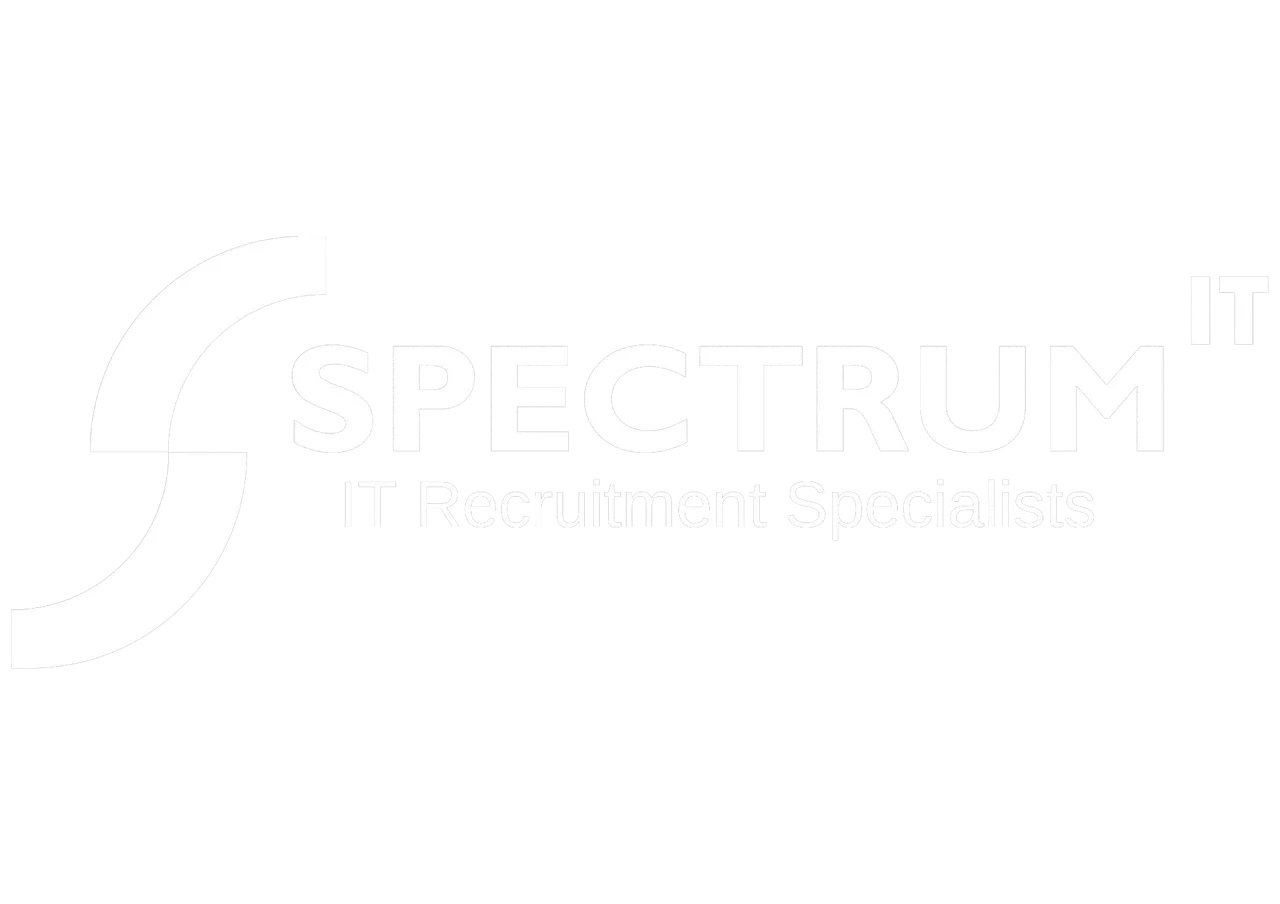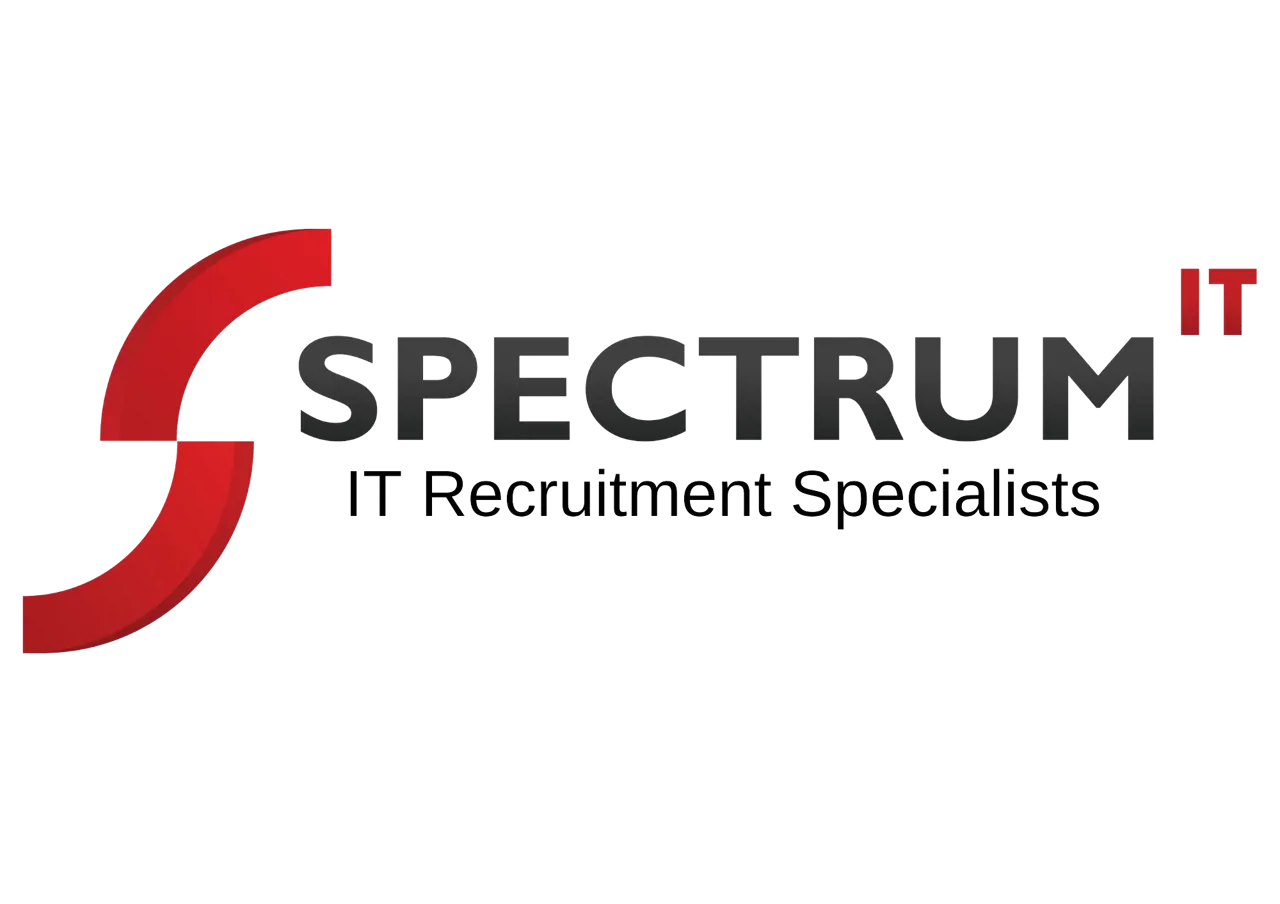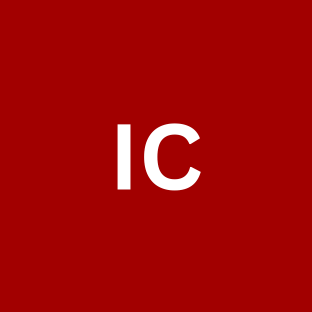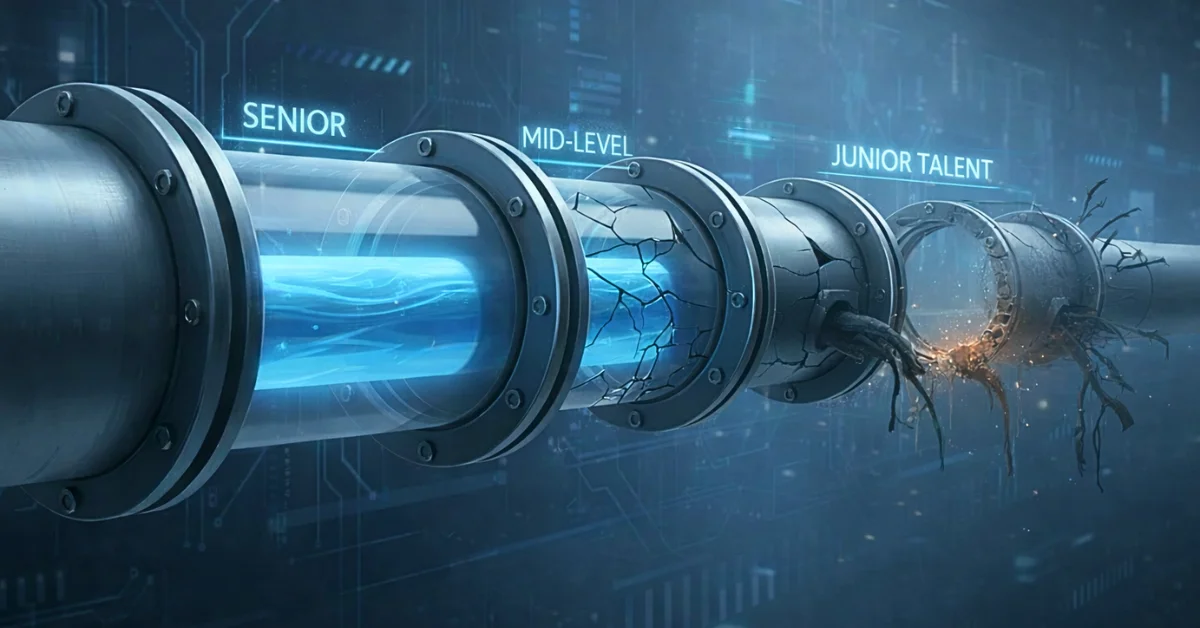
31 Common Interview Questions You Need to Be Prepared For
25 Nov, 20257 Minutes
Interviews can feel daunting, but the right preparation can significantly ease your nerves and boost confidence. Below are 31 common interview questions to help you prepare. Use these as a starting point, then consider adding role-specific questions tailored to the position you’re applying for.
About the company and the role
- What do you know about our company and what we do?
- Why do you want to work for us?
- What do you think you would contribute to our team or business? Why should we hire you?
- How do you think you would fit into the team?
- What do you think this role will involve?
Recruiter tip: Always research the company thoroughly. If this is the opening question, it sets the tone for the interview and forms a strong first impression. Demonstrating that you understand the business shows genuine interest and suggests you’re invested for the long term.
If you notice something insightful during your research, such as a product improvement opportunity or even a small website error, mentioning it thoughtfully can demonstrate initiative and attention to detail.

About you
- Tell us about yourself
- How would your friends or colleagues describe you?
- What are your top strengths and qualities?
- What are your weaknesses?
- What is your greatest professional achievement?
- What is your proudest moment outside of work?
- What is your preferred management style?
- How do you handle pressure and deadlines?
- How do you prioritise and manage your workload?
- Do you work better independently or as part of a team?
- How would you describe your ideal team?
- Tell us about a time you had to make a difficult decision at work
- Where do you see yourself in five years?
- Tell us a fun fact about yourself
- What are your hobbies or interests?
Recruiter tip:As you prepare your answers, identify key skills and attributes that align with the role. Look for natural ways to incorporate these into your responses rather than listing them outright.
Short examples or stories from your experience can add real impact. For example:
“I work well under pressure. In my current role, we faced an urgent issue when [brief situation]. I handled it by [action you took], which resulted in [positive outcome].”
You can bring brief notes into the interview to prompt your answers - this is perfectly acceptable and often appreciated.
About your current role or career
- Why are you leaving your current position?
- What do you enjoy most about your current or previous role?
- What do you enjoy least?
- What are or were your main responsibilities?
- What have you learned in your current role?
Recruiter tip: Keep responses professional and balanced. Interviewers understand that people move on, and they may assume you’ll eventually leave their organisation too. Avoid speaking negatively about your current employer, focus instead on learning, growth, and future motivation.
The traditional final question
- Do you have any questions for us?
Recruiter tip: Always prepare at least three questions in advance and bring them with you. If they’re answered during the interview, responding with:
“I had a few questions prepared, but you’ve already covered them, thank you.”
This comes across far better than saying you have none at all.

With the right preparation and a clear understanding of your strengths, you’ll be well placed to approach your interview with confidence and make a lasting impression. Good luck!
You may also be interested in;




